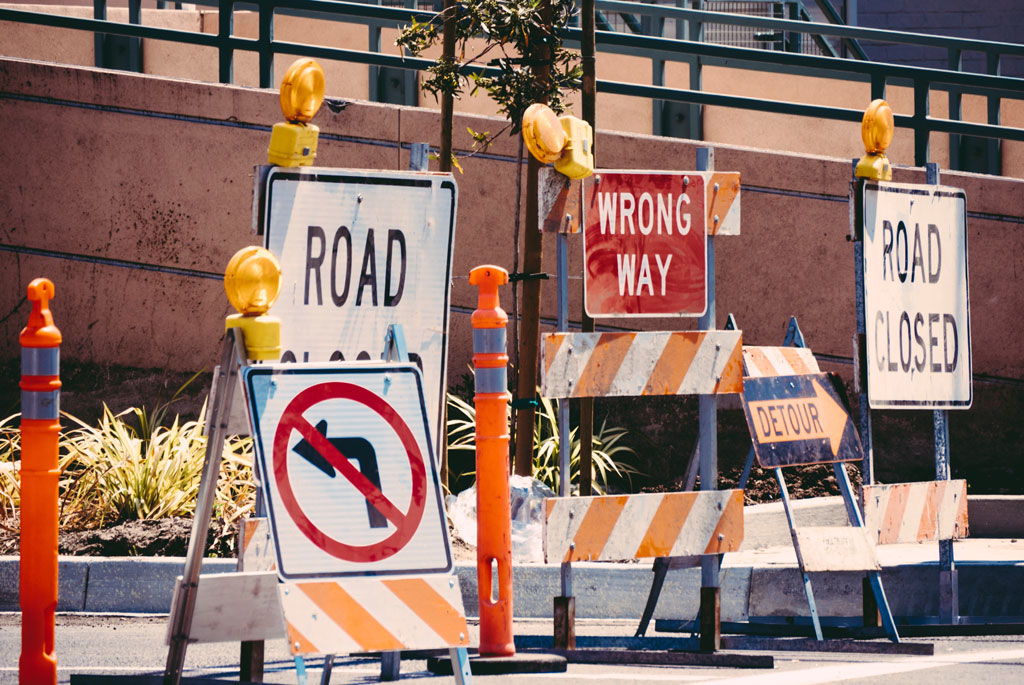
7 Deadly Sins to Avoid When Investing in Property
Whereas there are many, many more sins to avoid when investing in property than the ones discussed in this article, one particular (expensive) lesson in this article to avoid would pertain a concept somewhat unfamiliar in South Africa: home inspection report.
Depending on the size of the interested property, at a cost of roughly R3-5,000, the home buyer can take out an “insurance” in the form of a home inspection report, to make sure the million(s) of Rands spent won’t be at jeopardy x-amount of months down the line because of some undisclosed structural issue, which would easily have been discovered by the inspector! Pull your offer? Adjust your offer amount? Caveat emptor!
7 Deadly Sins to Avoid When Investing in Property
While purchasing investment property can be risky, it can also be a gateway to a future free from financial worry if the right principles are applied.
Seasoned real estate investors will have a fairly wide understanding of the market and the property investment game, however, many first-time investors are likely to make the wrong and often costly decisions cutting their teeth. While there are lucrative investment opportunities in every market, investors need to be aware of and steer clear of certain pitfalls that will negatively influence the return on their investment.
The seven deadly sins that property investors should avoid at all costs:
1. Patience is key – don’t rush in
Property investment takes time and research. It is never a good idea to rush into any property deal without giving it the consideration it deserves. A hasty decision can cost an investor down the line. Doing research will empower investors with the knowledge they need to make an informed decision. It will provide them with a greater understanding of the market and assist them in recognised an opportunity when it presents itself.
It is best to shop around and take the time to compare properties in a particular area and then see what other are available on the market. Look at the price of a property and compare this to the value. An estate agent will also be able to provide a comparative market analysis of the area.
2. Never underestimate location
All property experts agree that location is of prime importance. The reason for this is that location will largely determine a property’s appreciation potential. No matter how amazing a property is, if it is situated in a bad location – it will never fetch a premium price.
Demand drives property pricing, and prime locations are in high demand, which consistently pushes prices up. Therefore, choosing a property in the right location is essential to the success of the investment.
He adds that investors should look for areas that are in proximity to a good range of amenities. Areas that consistently show steady growth in value are those that are near to business nodes, transport routes, good schools and shopping centres. While rental income is important, the primary goal should be capital growth.
3. Don’t assume
Sellers are required to provide a list of defects that they are aware of; however, it is advisable to have a professional home inspector take a look at the property. They will be able to find problems that may otherwise go unnoticed, such as the structural integrity of the property.
It may cost money to hire an inspector, but this could save a lot more money for repairs in the long run.
4. Get help, don’t go it alone
If possible, why not learn from others mistakes, instead of making your own.
Ideally, it is best to find an experienced, successful investor who is willing to be a mentor. A savvy property investor that has been in the game for some time will be able to show a new investor the ropes and guide them through the process.
5. Never forget the budget
Losing track of finances and debt could be one of the deadliest investment sins.
It is imperative that investors do in-depth budget and cash flow analysis to determine their financial position accurately. Investors must know what they can afford and what they can’t, which can be measured by completing a personal cash flow statement.
Investors should compare financing deals from different banks before deciding to secure a home loan, as the even a small variant in the interest rate charged will have a big impact on the investment over the long term. It is also important to bear in mind that most banks still require a deposit of between 10% and 30% of the purchase price.
6. Don’t neglect maintenance
Regardless of whether it is a primary residence or part of a rental portfolio, keeping the property well maintained is an essential element of ensuring a good return on that investment.
Maintenance costs should form part of the investor’s budget and plan. They will also need to ensure they have the time or capacity to manage and maintain the property. With a rental property, a management agent can be hired to ensure all repairs and general management is taken care of.
7. Remember to diversify
When purchasing property specifically for investment purposes, it is imperative to diversify your portfolio as it will minimise exposure to risk. Rather than putting all eggs in one basket, investors should try to buy different kinds of properties in various areas.
Property investors should learn as much as possible about the environment they are trading in, consult various experts and make use of reputable and knowledgeable real estate professionals to assist them in their investment endeavours.
Issued by BizCommunity.com – http://www.bizcommunity.com






